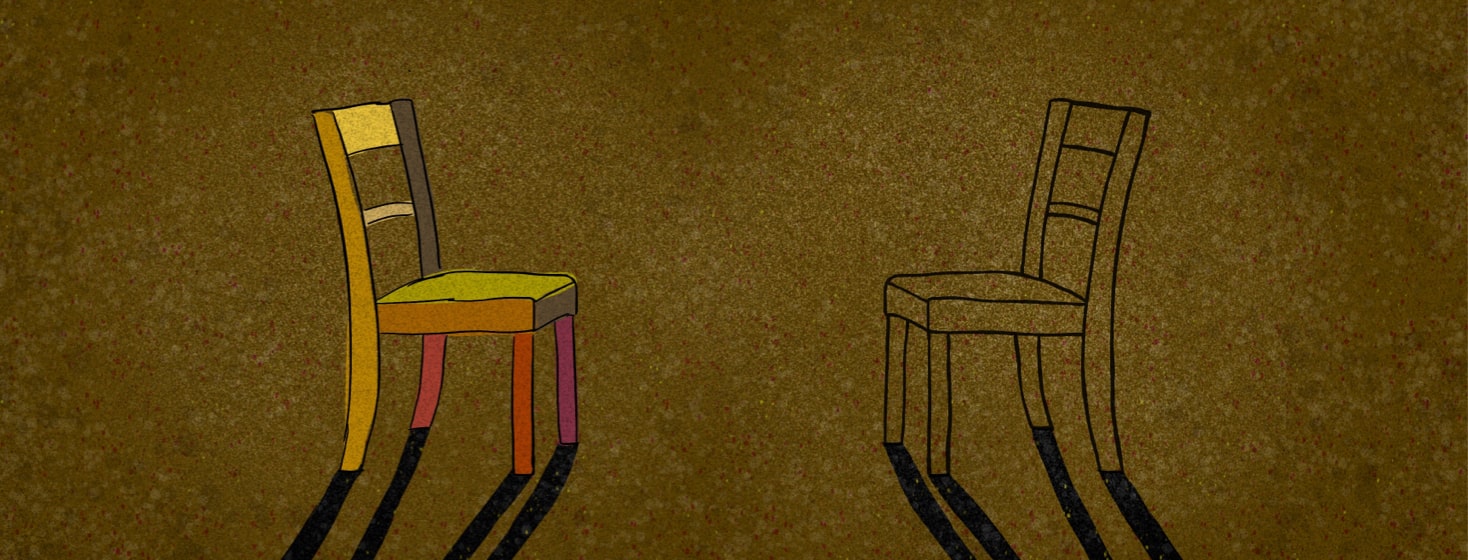Psoriasis And Mental Health: We Can Help to Change The Conversation
A Twitter user shared a rather good post about mental health last week. The user wrote that when it comes to mental health, people are keen to be known as advocates for mental health, but as soon as someone displays symptoms of a mental illness, they run a mile.
Being a pioneer for mental health
Now, this got me thinking. I thought of how true her post was. It was not aimed specifically at psoriasis, but it got me thinking about how we could be pioneers. We sometimes forget that psoriasis is a mental as well as a physical condition.
Living with something so chronic can really impact mental health, and there have been lots of studies into the impact of psoriasis on our mental health.
It's time to talk
Going back to the Twitter post. How do we encourage people to talk about their mental health? What stigma is there still in society? I think we’ve come a long way in the past decade. People now are more open to discussing their mental health and how they’ve overcome obstacles when dealing with mental illness.
It’s important to say that mental health and mental illness are not one in the same thing. The first refers to your overall psychological well-being, whereas the latter refers to conditions to do with poor mental wellbeing. These include anxiety and depression.
Erasing stigma
So, why, if we’ve made progress on discussing mental health, is there still so much stigma surrounding actual mental illness and showing the symptoms of these conditions? Because there is still a view that people with mental illness are weak. And that they are non-conforming.
People who discuss mental health do not have this stigma. They are merely discussing something that we all have: we all have good days, bad days, average days. But mental illness is more than just a good or bad day. It’s something that persists and, generally, needs treatment. This is where the weakness is perceived.
The conversation needs to change
A lot of psoriasis sufferers suffer in silence with poor mental health because of this. They don’t go to their doctor. They certainly don’t go to a counselor or therapist. And, they won’t even discuss it with friends or family members. This represents a failure on us, as a society, to really talk up mental health and be open about our mental health conditions (if we have them).
The conversation needs to change. It needs to broaden. It needs to be inclusive. It’s no good saying we’re going to talk about mental health, we also need to talk about mental illness, and hear from the people that mental illness affects.
The power of a psoriasis community
There are so many good advocates and campaigners in the psoriasis community. Many, bravely, open up about mental illness and how it affects them. But lots don’t, choosing instead to talk about other issues related to the disease. However, it should be on us, as a community, to tell people when we’re struggling and to help lift that conversation and make it better for all.
But what if you don’t feel ready to open up or simply don’t want to? That is OK, so as long as you are there for someone who is. Listen to them. Understand them. When they say “I’m feeling anxious” or “I’m not feeling too good today”, just be there for them. Try and understand. You don’t need to be a trained therapist or counselor. But just be there for them.
You are not alone
Too many times I hear stories of people opening up about their mental health condition only to be ridiculed or made a joke of. But mental illness is no joke. To the sufferer, it can severely affect them and their ability to carry out day-to-day tasks.
For psoriasis sufferers, the visibility and physical nature of the condition means one set of challenges, but having a mental illness because of your psoriasis, gives another load of challenges too.
The take-home message from this piece? Speak up (if you feel ready). Listen (always).

Join the conversation